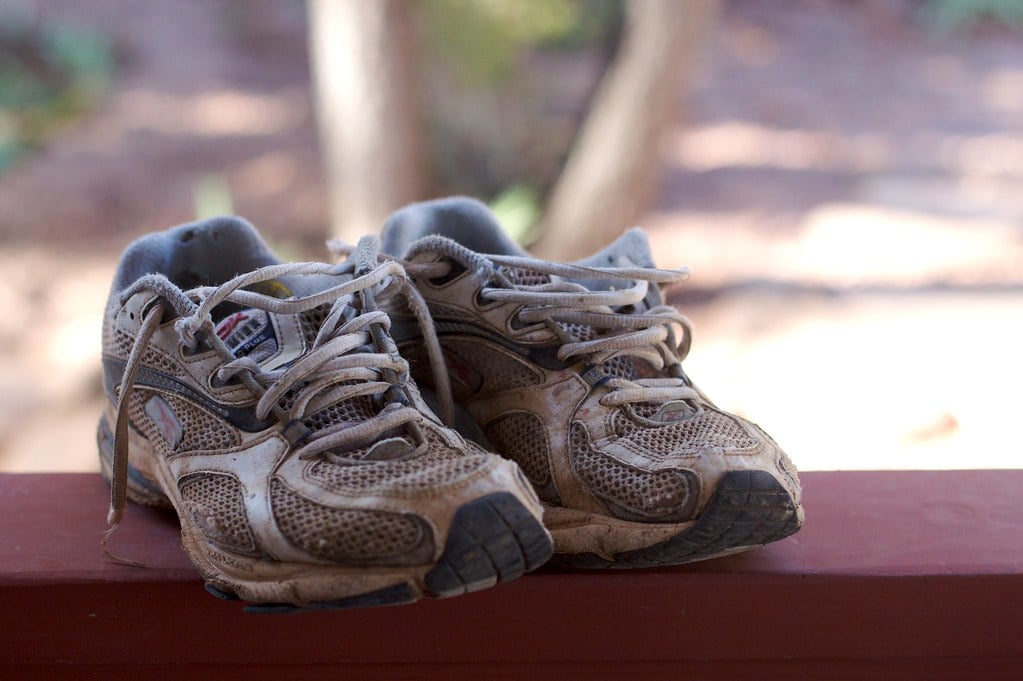When it comes to consumer culture in 2024, most would agree that TikTok is among its most infamous drivers. TikTok itself claims that its users are 1.7 times more likely to engage in e-commerce behaviour than the users of any other social media or video platform. TikTok’s model is explicitly designed to incentivise consumption. On the user side, the platform’s proprietary algorithm provides users with personally appetitive content on their video feeds and rapidly circulates popular videos so that they can go ‘viral’ in a matter of hours. On the seller side, ‘TikTok for Business’ conjoins the addictive user model to an advertising function – its website entices businesses to begin their TikTok advertising journey by citing that 1 in 2 Gen Z users are likely to purchase something from the app.
Accordingly, there is no doubt that TikTok has been both a beneficiary and subsequent bolsterer of capitalist overconsumption. Consumption isn’t a side effect, it’s front and centre of the user experience. Users are exposed every few scrolls to massive haul videos; boxes of products gifted to influencers by advertisers; and product recommendations from regular users. Overconsumption is an embedded feature of capitalism, but on TikTok, the problem is incessant.
So it comes as a surprise that TikTok, the very platform which so readily supports consumption, has played host to the ‘underconsumption-core’ trend that emerged this summer. The trend entails people showing the parts of their lives that reflect an ethos of underconsumption, or as many videos cite in brackets, ‘normal consumption’. Think: reusable coffee cups, revamped second-hand furniture, three-product skin care routines and keeping scraps of veggies for soup stock. To the untrained eye, these might just be seen as routine habits anyone might adopt to save money. Yet culturally, this trend represents a grander, paradigmatic shift.
Reducing consumption is not something new. It’s been performed by millions of families for centuries, as it is today. Moreover, this isn’t the first time saving money has been trendy (Depression-era feed-sack dresses weren’t just cost-efficient; they were fashionable). But the glamorisation of these lifestyles, that by their nature lend themselves to recycling, reusing and reducing consumption of excess products, on social media, has the potential for exploiting the ‘jumping on the bandwagon’ effect of TikTok trends to encourage sustainable consumption on a level so far unachieved through public information campaigns.
The question I ask, though, is to what extent is this trend really taking off, and does it, albeit still in its nascent stages, have any potential as a countering force to the massive engine of overconsumption? A TikTok trend will not unravel the entire capitalist system that exists today. However, ‘underconsumption-core’ marks the beginning of a process of cultural reclamation – one that students might be the perfect subculture to catalyse.
University students are almost all on budgets, seeking to save money in a host of creative ways. Students don’t have large disposable incomes to spend on luxuries, let alone additional items above and beyond essentials. In efforts to reduce expenses, students naturally limit themselves in what they consume, and many look to how they can reuse and revitalise things they (or others) already own. Some sell and buy clothes and furniture on Vinted and Facebook Marketplace; many own only single sets of dishware and only one or two sets of sheets. Living at university – with lives bundled completely and entirely into 4-by-4-metre rooms – requires prioritising the necessary. In doing so, students learn vital skills, which retain relevance even in their futures when they might indeed have more money or more space.
So many people say that their university years are the best in their lives. Is it a coincidence that these years are the ones where they consume the least? Where the emphasis is on connections, people, and ideas rather than the things that are owned? The ability to live perfectly happily, without constant gratification from an excessive abundance of things in a one-bedroom accom room, creates the space for introspection and relationships that ordinarily compete with material distractions.
A TikTok trend will not dismantle capitalism. But the student experience – and the simple joys of our university years – offer us a glimpse into what life could be if we rejected our capitalist-rooted impulses to constantly consume.


